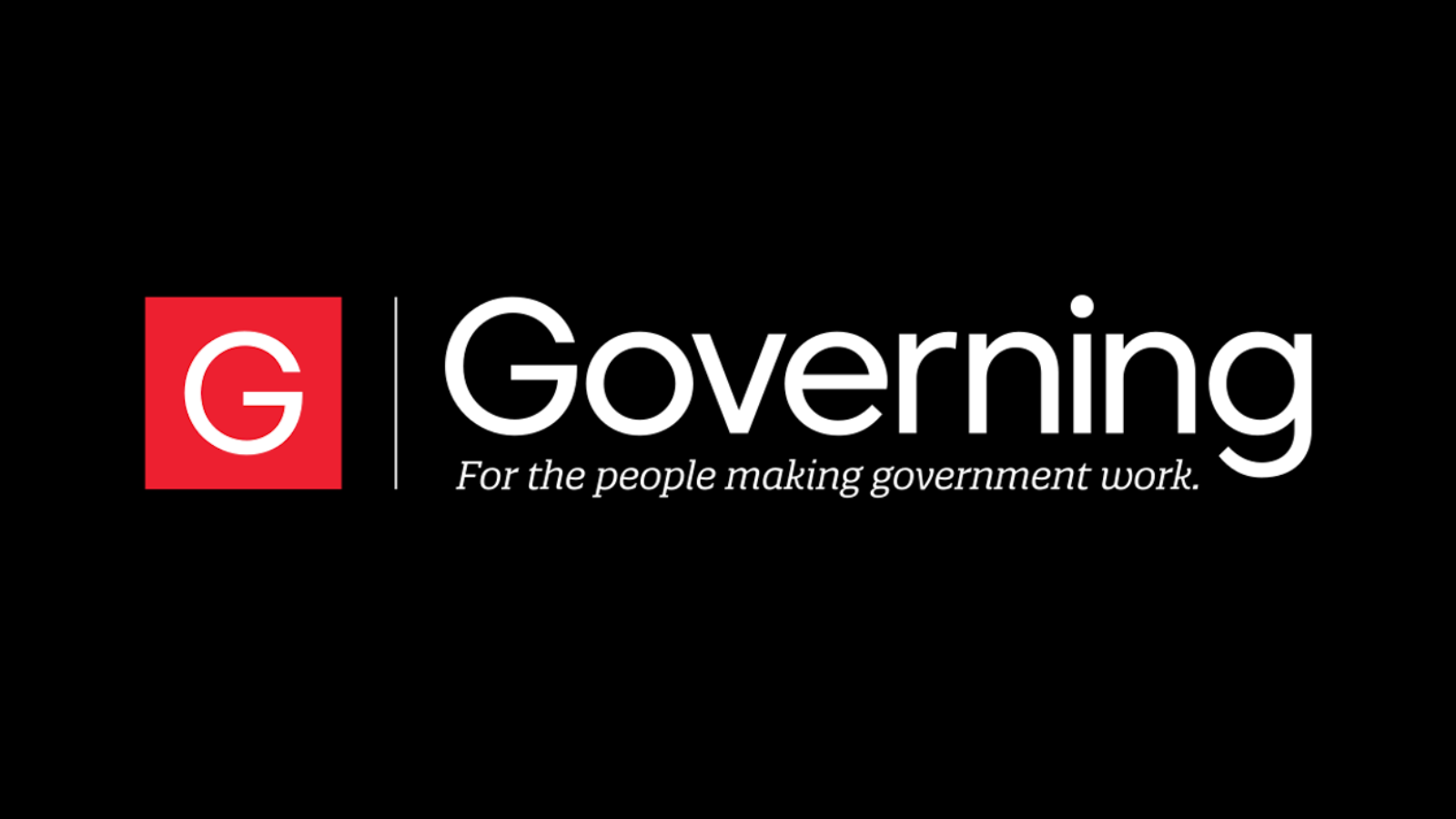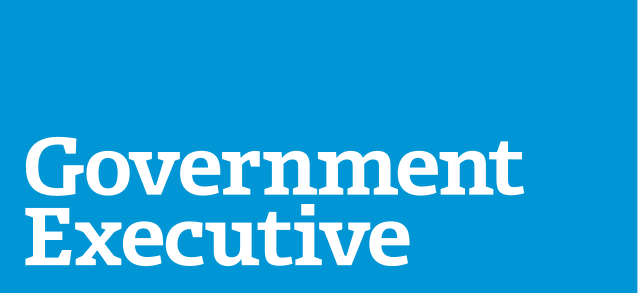Presenting solutions to help modernize our civil service workforce.
The Problem
A highly functioning democracy that meets the needs of its citizens relies on an effective civil service. Today’s U.S. civil service embodies missions as far-ranging as space exploration, protecting citizens from cyber warfare, advancing cancer research and addressing generational poverty. Yet, our civil service system was designed a half-century ago to meet different employee needs, attract different skills, and address challenges from well before modern computers and artificial intelligence entered the workplace.
There is widespread agreement that modernizing the U.S. civil service would help the federal government meet the contemporary challenges and needs of our citizens and the world around us. However, for decades, disagreement about what form those changes should take has stymied meaningful reform.
Convergence took on this challenge of civil service modernization. Through dozens of candid interviews with stakeholders, both from within and outside of government, Convergence mapped the complex interests, ideas, and opportunities for civil service transformation. In addition, Volcker Alliance and The Partnership for Public Service, both vanguards of civil service efficiency and accountability, were thought partners in our Discovery Phase.
Our goal was to engage policymakers, practitioners, advocates, and other experts across diversities of views and experiences through interviews, small group conversations, and a series of dialogues. By building trust between project participants and exploring potential areas of common ground, we worked to foster innovations in problem-solving to prepare the U.S. civil service system for the next generation.
Percentage of public employees who are considering switching jobs.
Percentage of the federal workforce will hit retirement age within the next two years.
Focus Areas for Solutions on Civil Service Modernization
The Convergence Roundtable on Civil Service Modernization used a persona-based lens to develop problem statements and solutions through four focused working groups:
Gen Z Recruitment and Retention
Retiree Hiring
Veterans’ Recruitment and Retention
Cyber Training and Reskilling
Analyses of solutions put forward by these distinct but complementary groups surfaced cross-cutting themes across three broad areas that line up with the phases of the employee lifecycle:
On Ramps
Build and strengthen interest, awareness, and avenues for those with needed skills to enter into federal jobs.
Mobility and career pathways
Strengthen capacity and cross-governmental information sharing and deployment/assignments to foster greater skills exchange between agencies, and, as appropriate, across sectors, for individuals at different stages of their careers.
Retention
Prioritize a culture of growth, leadership, and empowerment that will nurture and retain top talent.
In the News

Read this in-depth Governing piece from Convergence Roundtable on Civil Service Modernization Participant and public sector expert, Howard Risher, on hiring retirees back to public service. Howard Risher writes on the benefits of hiring retirees and gives an overview of the Roundtable’s Blueprint for Action’s solutions on the topic

Alongside the release of the Convergence Roundtable on Civil Service Modernization Blueprint for Action, Carten Cordell covered the Blueprint in a Government Executive piece.
Cordell provided an overview of the report and wrote:
“Concerns over the dwindling pool of talent coming into federal agencies have lingered for decades, but the pace of major events demanding a whole-of-government response has increased exponentially, and a new report is examining how the executive branch can respond.”

Participant of the Convergence Roundtable on Civil Service Modernization, Ron Sanders, and his colleague, William Shackelford, discuss the opportunities and current challenges of resourcing retirees, an often overlooked community, to fill gaps within the federal workforce in this Government Executive Op-Ed and reference the roundtable.
Interested in funding a project in the future?
Check out our donate page or contact our development team to learn more.



